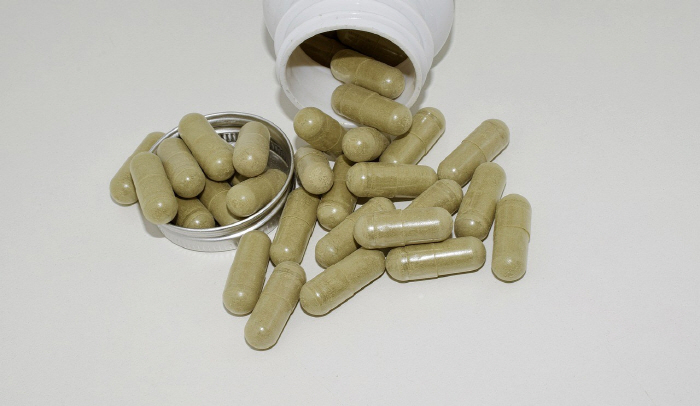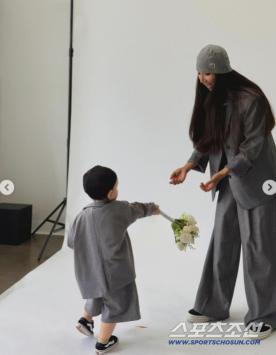Sales shock with placenta processed food capsules...The source is also questionable
Apr 16, 2025
|
According to Hong Kong media South China Morning Post and Chinese media Yangtze River Evening News, a Chinese netizen recently posted online that a store in Changzhou, Jiangsu Province, processed human placenta and sold it as a health promotion food.
The store sold capsules for 800 yuan (about 156,000 won) if customers did not provide their placenta, and 300 yuan (about 59,000 won) if they did, claiming that "all placenta used was obtained from mothers who were hospitalized.'
The shopkeeper, who has worked in postpartum recovery services, also said he could connect customers to a professionally processed obstetrics and gynecology clinic.
The owner also operates an online store, offering various pregnancy and childbirth services, including maternal care, childcare, meal preparation for mothers, placenta processing and postpartum recovery services.
The promotional materials show the process of making a capsule of a mixture made by mixing ingredients such as pulverized placenta and ginseng powder.
Capsules are labeled 'Jahager', a traditional Chinese medical term for placenta.
Emphasizing the benefits of placenta, the company advertised that it is rich in protein and nutrients, and that it is manufactured in two patented processing methods: freezing and traditional, and that customers can see the entire process directly.
In the wake of the controversy, health authorities in Changzhou began an investigation into the store.
An official said "The store is currently closed" and "As a result of the initial investigation, the placenta they had did not come from any hospital."
In traditional medicine, placenta has been considered to replenish energy and nourish the blood, and is recommended for those suffering from physical weakness, chronic cough or infertility, according to the South China Morning Post.
However, safety and ethical concerns excluded placenta from the list of pharmaceutical ingredients in the 2015 'Chinese Pharmacopoeia'.
According to Chinese legal regulations, the placenta is owned by the mother who gave birth and has the power to decide on the disposition. In addition, the sale of placenta by individuals or organizations is prohibited.
Netizens can't believe that there are people who eat placenta as food. It's so disgusting", "Isn't treating a part of a woman's body as a kind of 'superfood' commercializing a woman?", "It's not surprising at all. In the past, hospitals used to ask mothers if they wanted to keep the placenta. If so, it is consumed as a regular food" be posting comments such as.
This article was translated by Naver AI translator.














